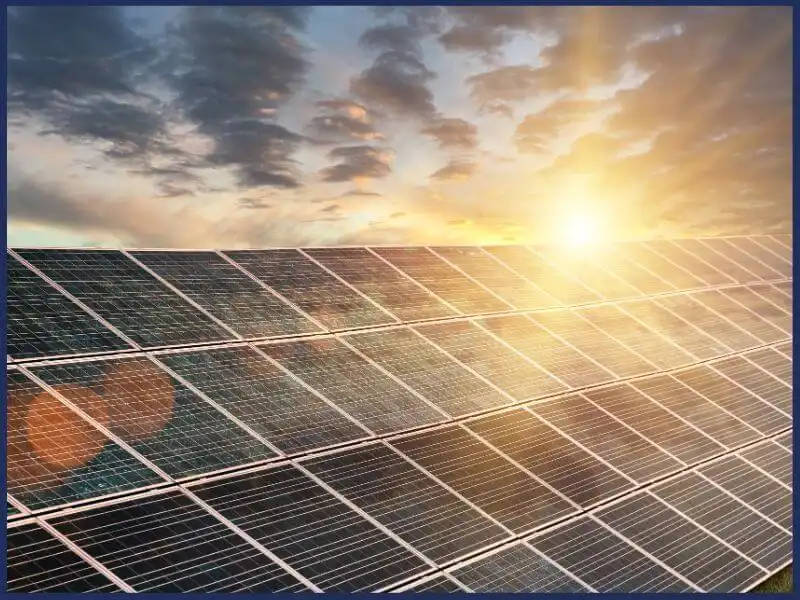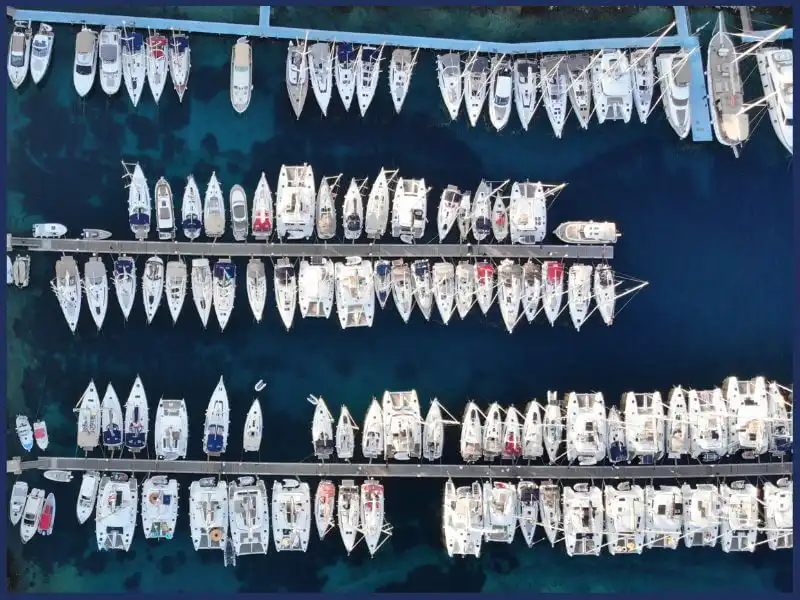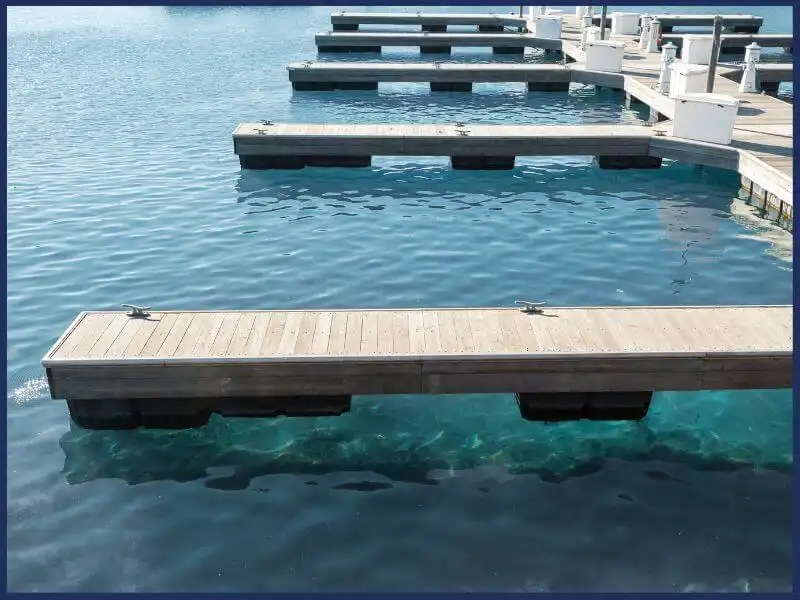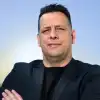
- 06.05.2025.
- News, Management, Finances
A €300 million green transition loan is coming soon - an opportunity for anyone who wants to invest in solar systems and energy efficiency. Croatia has projects, it has needs, but bureaucracy and inactivity hold back development. A nautical charter, which has a high per-guest spending, has to do a better job of taking its place. How? This is Ivica Žuro writing for charter.hr.
At a public event held a month ago, a member of the board of the state agency for entrepreneurship support, HAMAG-BICRO, announced that at the beginning of autumn a new credit line aimed at the green transition can be expected across the entire service sector.
Specifically, projects involving energy efficiency, installation of heat pumps, solar systems, and other forms of investment in sustainable energy will be co-financed.
The total amount of the credit line is nearly 300 million euros, and users will be eligible for loans of up to three million euros.
For projects that achieve an energy saving of at least 60 percent, a refund of up to 50 percent of the principal is foreseen, i.e., partial debt forgiveness - up to a maximum of 1.5 million euros.
The refund will be proportional to the achieved energy savings, with the possibility of lower refunds for smaller savings percentages.
The program is expected to be implemented through the Ministry of Regional Development, in cooperation with HBOR and five commercial banks.
Naturally, we are available for everything, as the author of this text and owner has extensive experience in financing similar investments through commercial banks.
Practically every liquid and moderately profitable company with a 25% investment share and clear ownership of the property on which the solar plant is to be installed will be able to ensure stability and the value of energy for at least the next 20 years - if not longer.
Technology has advanced so much that a solar plant can retain 86% of its production potential even after 30 years.

Croatia has sun and projects - so why are we still importing electricity?
The importance of this project lies not only in the green agenda but also in actual energy needs and costs.
Due to political complications surrounding energy regulation, Croatia currently has a number of renewable energy projects worth almost 3 billion euros on hold.
And it’s not just that we have the projects - we also have growing demand:
Just last summer, Croatia paid neighboring countries nearly 300 million euros for imported electricity.
Due to the availability of the system, it is impossible to completely avoid the need for imports, but it is possible to try to minimize it as much as possible.
By increasing the number of solar plants that produce for their own needs, we gain threefold:
- disruption in supply becomes less likely
- transmission losses are minimized
- money stops flowing out of Croatia
And will we need sufficient electricity and a functional system again this year - of course we will. We’re not saying this to be optimistic - the numbers support it.

Charter guests spend more - so why isn’t the yacht charter sector fighting for its place?
The Croatian Tourist Board reported that during the extended Easter weekend - from April 18 to 21 - there were 176,000 visitors who generated 624,000 overnight stays, which is 34 and 54 percent more, respectively, compared to last year's extended Easter weekend.
Most overnight stays were recorded in Istria County with 217,000, followed by Kvarner with 97,000, Split-Dalmatia with 79,000, Dubrovnik-Neretva with 75,000, and Zadar County with 53,000 overnight stays.
But despite all that came through official channels, one thing is clear:
Nautical charter and nautical tourism in general remain neglected parts of the overall tourism offering, even though they attract guests who still spend significantly more per capita compared to the rest of the system.
And it is partly to blame for that.
Let’s put it plainly - the average price of a night with breakfast in a 4* hotel during peak season was 221 euros, and in the preseason 60 euros, according to the latest available data.
By comparison, charter guests spent an average of 255 euros per person per day across the entire year.
Hotels and the lobbies connected to them are very vocal in promoting their superior position and are constantly in the public eye. Why doesn’t nautical charter do the same?!?
Others value you as you value yourself - it's an old truth, and it's the way to go. It is necessary to impose as much as possible on the competent ministries and on the entire tourism system.
Otherwise, nautical charter will continue to take center stage only during crises or catastrophes… or a pandemic.

If we don’t protect our charter sector, who will?
Reform must start with the basics.
For example, the Skippers’ Association has long highlighted the absurdity that practically anyone and everyone can have their boat license recognized on the Croatian Adriatic, while our people abroad - even with considerable experience - must either adapt, retake the exam or pay.
And that’s just one part of the problem, illustrating the bigger issue.
As much as we like to behave as if national sovereignty disappeared with EU accession - it hasn’t. Other tourism powers are actively doing everything they can to limit the entry of business entities from other countries.
A logical step would be to give preference to domestic companies when defining regulations on who can provide charter services. From there, cabotage rules can be introduced to allow only companies registered in the country to perform certain types of transport or charter services within territorial waters.
Environmental, infrastructural, and safety standards could serve as a direction worth considering.
For example, insisting on significantly more comprehensive safety standards for smaller cruisers has made it practically unprofitable to build new vessels…
And it has indirectly protected domestic entrepreneurs in that segment.
So, it’s not that nothing can be done, as is often claimed at various industry events.
It can, but it requires a very specific confrontation and certainly clear positions, and being loud and persistent.
And impose themselves through public communication.
Categories of trends
- News
- Sale
- Marketing
- SEO
- Web design
- Social media
- Technology
- Regulations
- Management
- Education
- Finances
- User experience
Newsletter
Sign up for the newsletter and receive the latest trends and tips straight to your inbox





